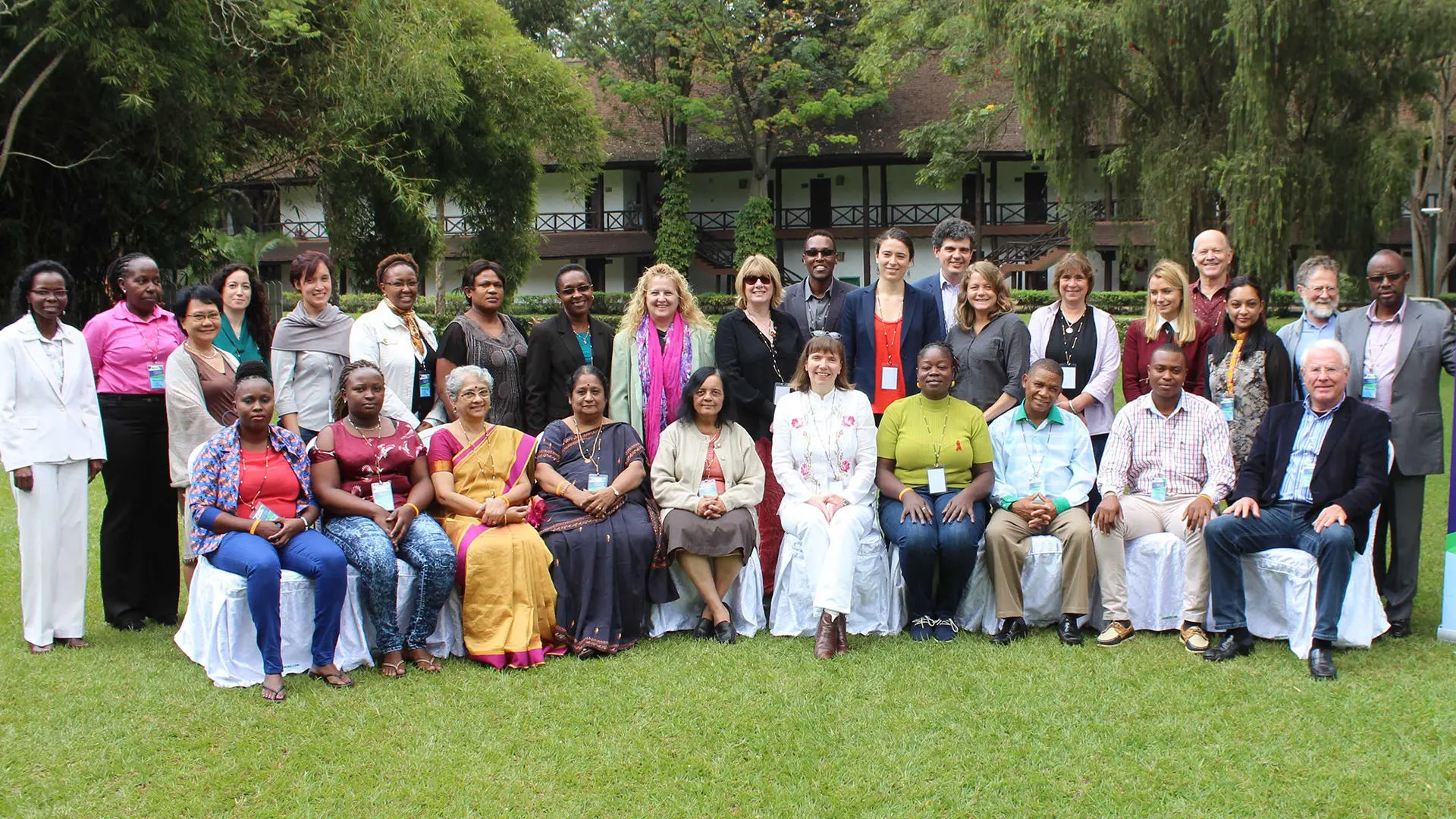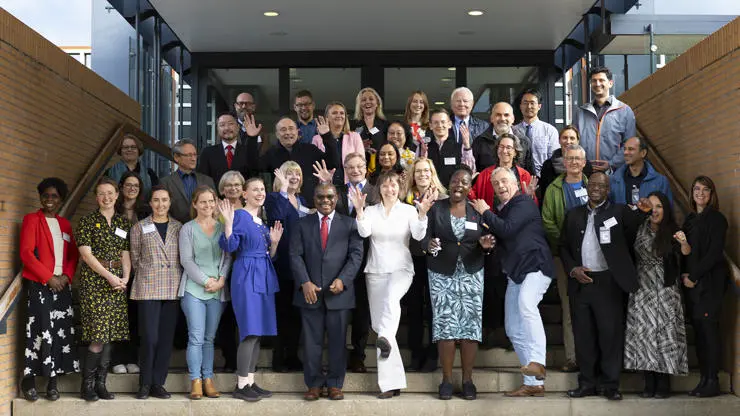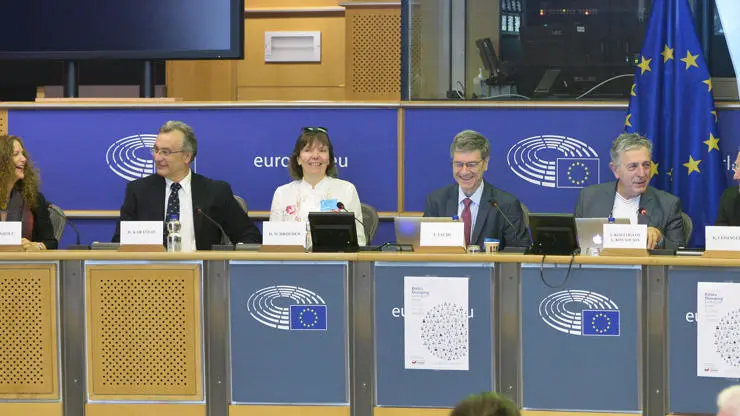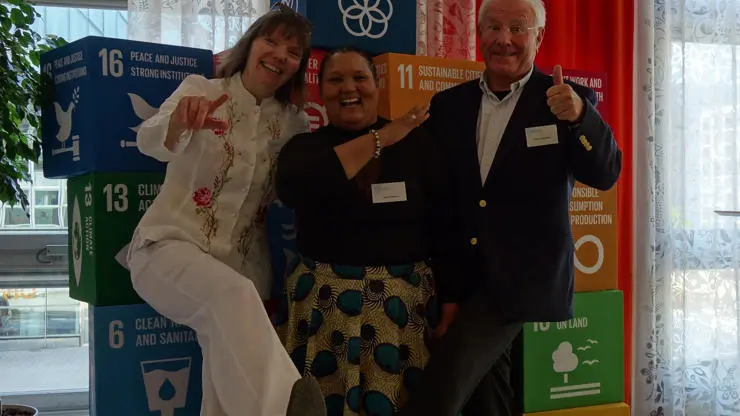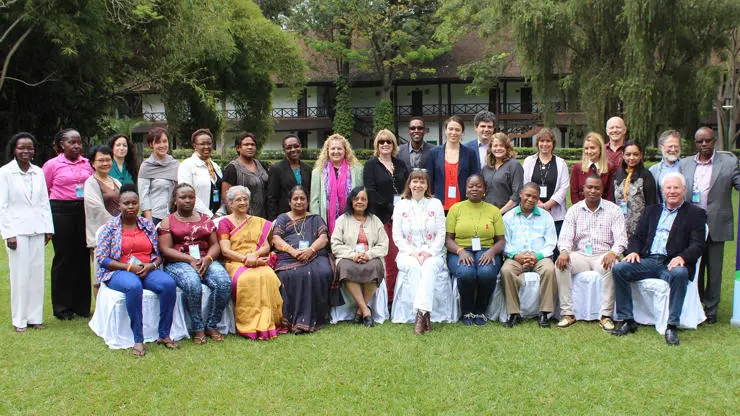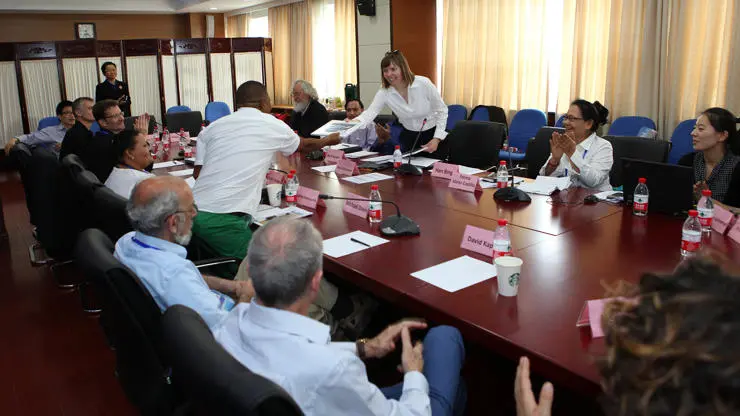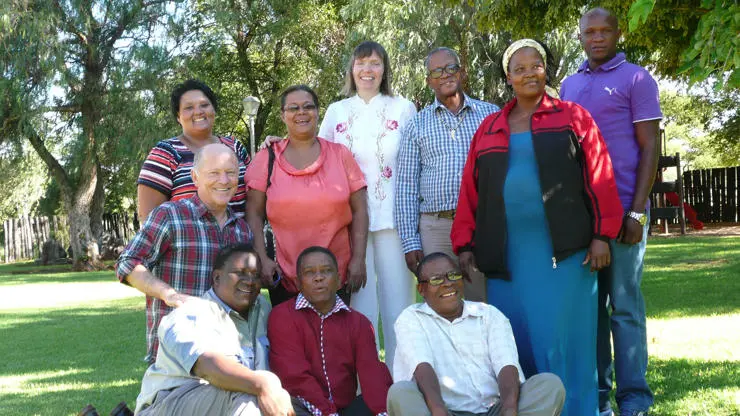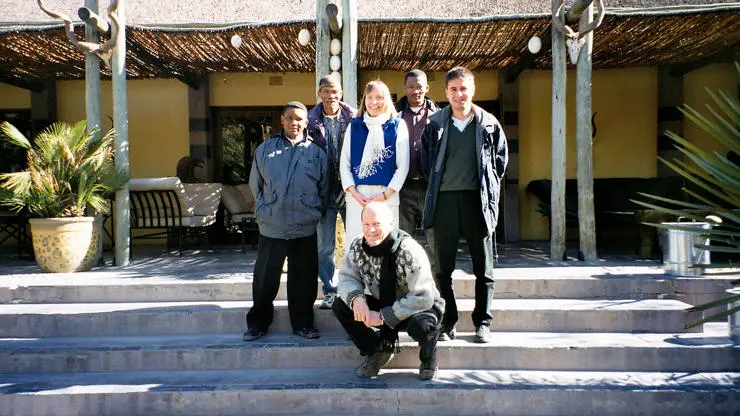Centre staff have been involved in and led a large range of externally funded projects. The following is a selection:
The iRECS project
The UK part of iRECS project (2022-2025) is led by Dr Chatfield. The project aims to improve Research Ethics Expertise and Competences to Ensure Reliability and Trust in Science and is led by the University of Bonn.
The PREPARED project
The UK part of the PREPARED project (2022-2025) is led by Dr Chatfield. The overall project is led by Prof. Doris Schroeder through UCLan Cyprus. The aim of the project is to develop an ethics and integrity framework, which supports a rapid and effective research response to crises.
Leaving no-one behind in Research
The project Leaving no-one behind in Research (2021-2025), led by Prof. Schroeder and funded by the Wellcome Trust, aims to make the involvement of vulnerable populations in health research more inclusive, more equitable and less risky for those populations.
The Trust project
The TRUST project (2016-2019), led by Prof. Doris Schroeder, aimed to counteract the practice of “Ethics dumping”, i.e. the export of unethical research practices from high-income to lower income settings.
Work continues on the highly successful TRUST Code - A Global Code of Conduct for Equitable Research Partnerships.
Two gold open access Springer books resulted from the TRUST project:
The ProGReSS project
The ProGReSS project (2013-2016), led by Prof. Doris Schroeder, provided a global perspective on RRI (responsible research and innovation) with a particular focus on inclusive innovation between high-income and lower-income regions.
The REWARD project
The REWARD project (2014-2019), led by Prof. Thomas Pogge, built a supplementary performance-based system for pharmaceutical innovation rewards to stimulate research into neglected diseases in lower-income regions.
The continuation of REWARD work can be followed on the Health Impact Fund website.
The GEST project
The GEST project (2011-2014), led by Dr Miltos Ladikas, represented the first concerted effort to start a global debate on science and technology governance between Europe, China and India.
A gold open access Springer book resulted from this project:
The Innova P2 project
The Innova P2 project (2008-2011), managed by Dr Miltos Ladikas, designed an ethical complement to the international patent regime to ensure access to essential medicines for those in resource-limited settings.
A Cambridge University Press special journal-symposium on access to life-saving medicines and intellectual property rights can be accessed via the Cambridge Quarterly of Healthcare Ethics.
The continuation of Innova P2 work can be followed on the Health Impact Fund website.
The San !Khoba project
The San !Khoba project (2006-2008), led by Prof. Doris Schroeder, was the first in-depth research study of a benefit sharing agreement under the UN Convention on Biodiversity.
A Springer book resulted from this project:
The BeSha project
The BeSha project (2004-2005), led by Prof. Doris Schroeder, created a network of researchers and stakeholders on benefit sharing from human and non-human resources to ensure fairness in international collaborations.
A BMJ editorial and a Special Issue are available.

